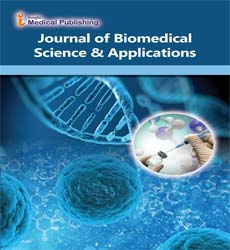APC as an entry point to study small molecule regulation of the cell cycle
Abstract
The anaphase-promoting complex/cyclosome (APC/C) is a multi-subunit E3 ubiquitin ligase that plays a major role in the progression of the eukaryotic cell cycle. This unusual protein complex targets key cell-cycle regulators, such as mitotic cyclins and securins, for degradation via the 26S proteasome by ubiquitination, triggering the metaphase-toanaphase transition and exit from mitosis. The identification of the complete set of genes encoding subunits of the APC in Arabidopsis suggests that the basic processes controlled by proteolysis mediated by ubiquitin in plants are similar to those of other organisms. However, results from several groups indicate that the APC has other specific functions in the regulation of plant development. During the last years, several molecular-biology tools have been extensively used in scientific research for identifying new function of proteins and metabolites. Still, the identification of metabolites, specially which control the cell cycle is not trivial and is characterized by piecemeal progress, especially in plants. In this seminar, we will discuss the methodologies that we are using to identify and characterize metabolites that bind to the APC in the model plant Arabidopsis, and to potentially define their roles in plant development.
Open Access Journals
- Aquaculture & Veterinary Science
- Chemistry & Chemical Sciences
- Clinical Sciences
- Engineering
- General Science
- Genetics & Molecular Biology
- Health Care & Nursing
- Immunology & Microbiology
- Materials Science
- Mathematics & Physics
- Medical Sciences
- Neurology & Psychiatry
- Oncology & Cancer Science
- Pharmaceutical Sciences
